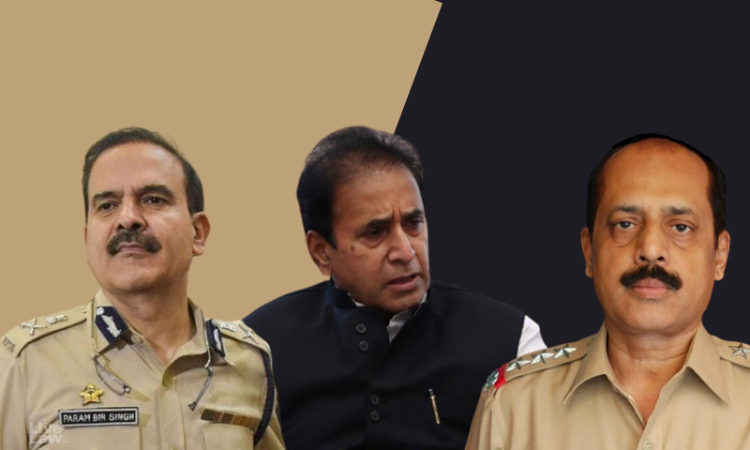State Has Locus To Challenge CBI Investigation If It Goes Beyond The Scope Of HC Order :Bombay High Court
Sharmeen Hakim
23 July 2021 9:43 AM IST

Next Story
23 July 2021 9:43 AM IST
The Bombay High Court has held that a state government is well within its rights to raise a grievance if a central agency's investigation goes beyond the scope of the Court's order that authorised investigation in the absence of the state's consent. The division bench of Justices SS Shinde and NJ Jamadar on Thursday dismissed Maharashtra Government's plea and allowed the CBI...
